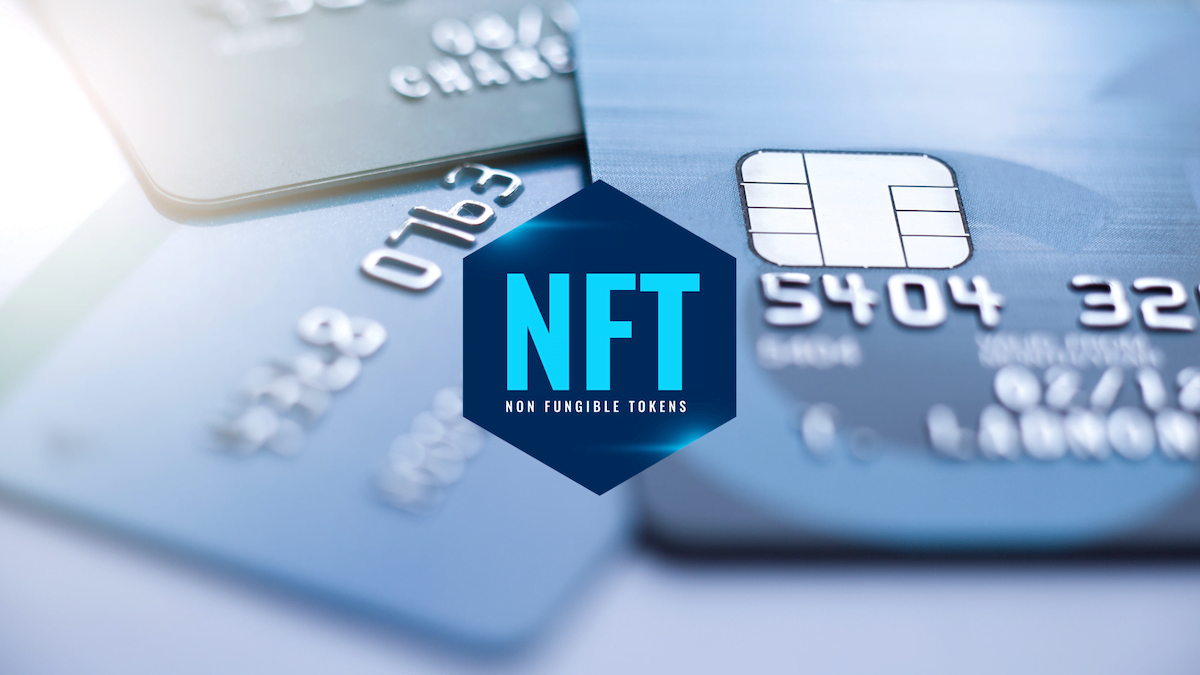In a world where digital assets have huge potential to become the norm, South Korea’s BC Card has applied for two domestic patents to utilize NFTs to confirm purchase details in trading used luxury goods. While NFTs are generally known for their role in art and collectibles, BC Card aims to expand this scope, addressing real-world challenges in consumer transactions.
The Mechanics of NFT Receipts
BC Card aims to transform a conventional receipt into an NFT; a user would upload a picture or file of the receipt to Paybooc, BC Card’s proprietary payment app. The app then automatically saves a photo of it as an NFT on the blockchain. Moreover, BC Card plans to introduce a digital wallet, making it possible to read, send, and receive the NFT receipt without downloading it from a credit card issuer’s website.
By design, issuing such a digital receipt becomes challenging after a specific period has elapsed since the original purchase. This brings us to a critical advantage of this system. According to BC Card, “Receipts registered on the blockchain cannot be counterfeited or tampered with, and the risk of loss is eliminated due to storage on the server.”
Implications for the Used Goods Market
What makes this development particularly noteworthy is the potential it holds for the used goods market. The patented technology is expected to act as a “digital guarantee” for buyers and sellers of secondhand high-end items like luxury bags, watches, and limited edition sneakers. Given the surge in transactions in this sector, a digital guarantee could become indispensable.
The resale market for retail goods in South Korea is gaining traction among the nation’s established retail and technology companies. This uptick is especially notable in the luxury sector, as consumers increasingly seek pre-owned items due to economic pressures like inflation.
Additionally, BC Card plans to leverage the payment receipt data for hyper-personalized marketing strategies based on artificial intelligence consumption analysis. This represents a dual benefit for the company, which already has a robust portfolio of payment solutions, including online and offline credit and debit cards, prepaid cards, and gift cards.
Conclusion: NFTs Beyond Art and Collectibles
BC Card’s initiative underscores the growing versatility of NFT technology, moving it beyond the niche corners of art and rare collectibles into practical, everyday applications. By digitizing payment receipts as NFTs, the company isn’t just keeping pace with technological advancements; it’s also solving a specific issue in the used luxury goods market. As NFTs continue to evolve, innovations keep pushing the boundaries and showcase the potential utility of blockchain technology in our daily lives.
Credit: Source link
































